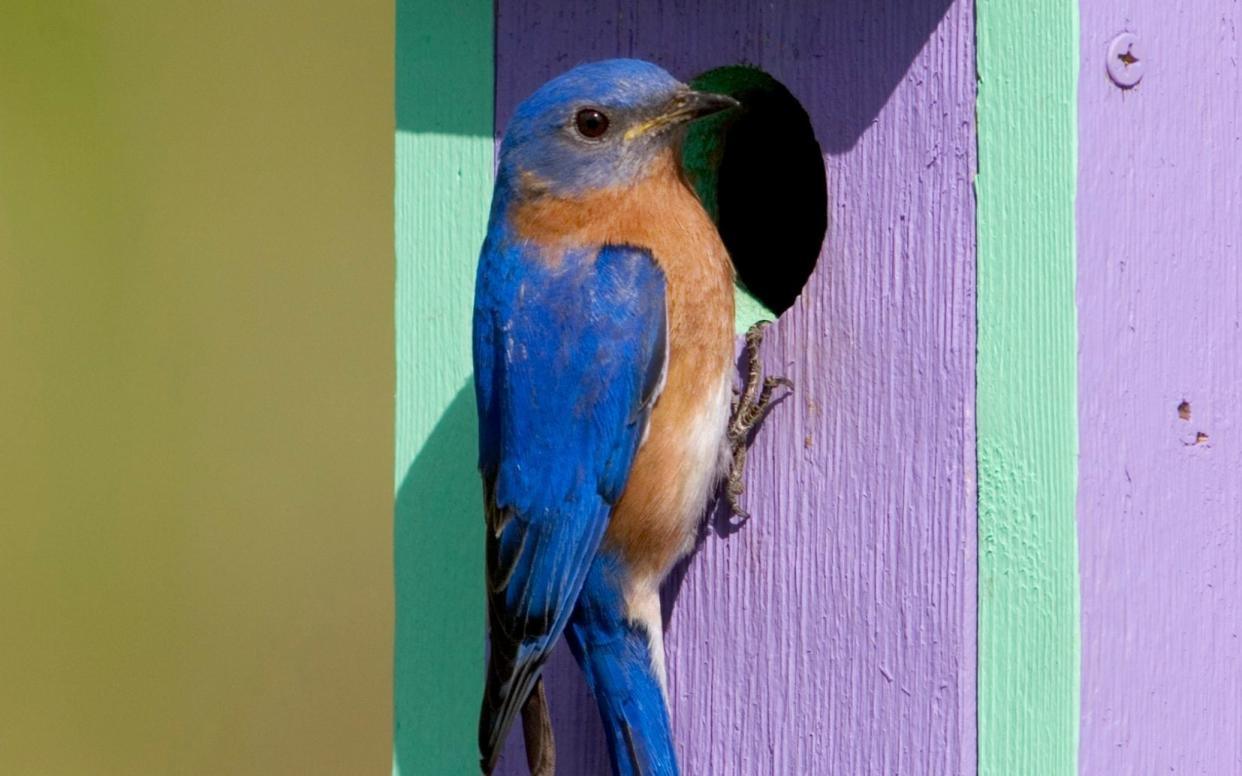Light pollution helps chicks survive as birds 'catch up' to early spring caused by climate change

Light pollution is helping more chicks survive as some birds "catch up" to the early spring caused by climate change, a study has found.
Scientists at universities in Japan and the US examined the behaviour of nesting birds to see how hatching numbers and chick survival were affected by light pollution.
They found that birds which were better at seeing light were more likely to shift their breeding time earlier in the year in response to light pollution, and more of their chicks survived as a result.
Birds began nesting up to a month earlier than usual in open environments like grasslands or wetlands, and 18 days earlier in forests.
The study used data collected from almost 60,000 nests between 2000 and 2014 by a citizen science project.
Co-lead author Professor Clint Francis, of California Polytechnic State University, said: "We discovered the birds that advanced the timing of their reproduction in response to increased light pollution actually have better reproductive success.
"A likely interpretation of this response is that light pollution actually allows these birds to 'catch up' to the shift towards earlier availability of food due to climate change."
There had been concern that climate change would disrupt the breeding patterns of birds, because they may no longer be hatching their chicks at the time when the most plentiful food was available.
This study, published in the journal Nature, suggests that birds living in areas affected by light pollution and which have a better ability to see light might be less affected by this problem.
It also said that where previous studies had concluded that birds were adapting to the effects of climate change by breeding earlier, they might actually have been affected by cues from artificial light.
The researchers also examined the effects of noise pollution, concluding that for birds with more low-frequency songs it caused their mating to be delayed, because females could not hear males' mating songs. Forest birds were particularly badly affected.
"If there's a proposed development and land managers are worried about a bird that they have no information on, they can use this study to see whether the development is likely to affect the bird.
"Is it a forest bird? If so, it is likely that it is more sensitive to light and noise," Dr Francis added.

